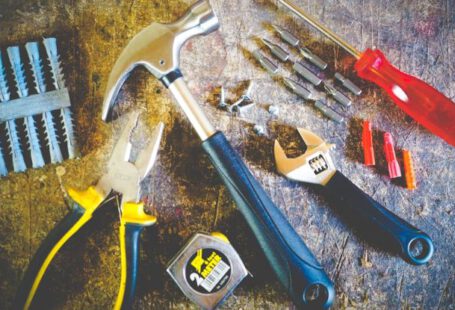Is your computer feeling sluggish and unresponsive? Are you constantly dealing with slow loading times and lagging applications? If so, you may be wondering if task managers can help improve your PC’s performance. Task managers are tools that allow users to monitor and manage the processes running on their computers. While they can be useful in certain situations, it’s important to understand their limitations and how they can impact your PC’s performance.
Understanding Task Managers
Task managers provide users with a snapshot of the processes and applications currently running on their computers. Users can view detailed information about each process, including its CPU and memory usage. Task managers also allow users to end processes that may be consuming too many resources or causing issues on their computers.
The Role of Task Managers in PC Performance
Task managers can be helpful in identifying and terminating processes that are consuming excessive resources. By ending unnecessary processes, users can free up valuable system resources and potentially improve their PC’s performance. Task managers can also be useful in diagnosing system issues and identifying programs that may be causing slowdowns or crashes.
However, it’s important to note that task managers are not a cure-all for poor PC performance. While they can help in certain situations, they are not a substitute for proper system maintenance and optimization. In some cases, ending certain processes in a task manager can cause system instability or other issues. It’s important to exercise caution when using task managers and only end processes that you are certain are safe to terminate.
The Limitations of Task Managers
Task managers have limitations when it comes to improving overall PC performance. While they can help free up system resources by ending unnecessary processes, they do not address underlying issues that may be causing poor performance. Factors such as outdated hardware, insufficient memory, and malware infections can all impact your PC’s performance, and task managers alone may not be able to resolve these issues.
Alternative Solutions for Improving PC Performance
If you are experiencing poor PC performance, there are alternative solutions that may be more effective than relying solely on task managers. Consider performing a system cleanup to remove temporary files and other clutter that may be slowing down your computer. Updating your drivers and operating system can also help improve performance by ensuring that your hardware and software are running optimally.
Additionally, investing in hardware upgrades, such as adding more memory or upgrading to a solid-state drive, can significantly improve your PC’s performance. If your computer is still running slowly after trying these solutions, it may be time to consider seeking professional help to diagnose and address any underlying issues.
In conclusion, while task managers can be useful tools for monitoring and managing processes on your computer, they may have limitations when it comes to improving overall PC performance. It’s important to use task managers judiciously and consider alternative solutions for addressing poor performance. By taking a comprehensive approach to maintaining and optimizing your computer, you can help ensure that it runs smoothly and efficiently for years to come.





